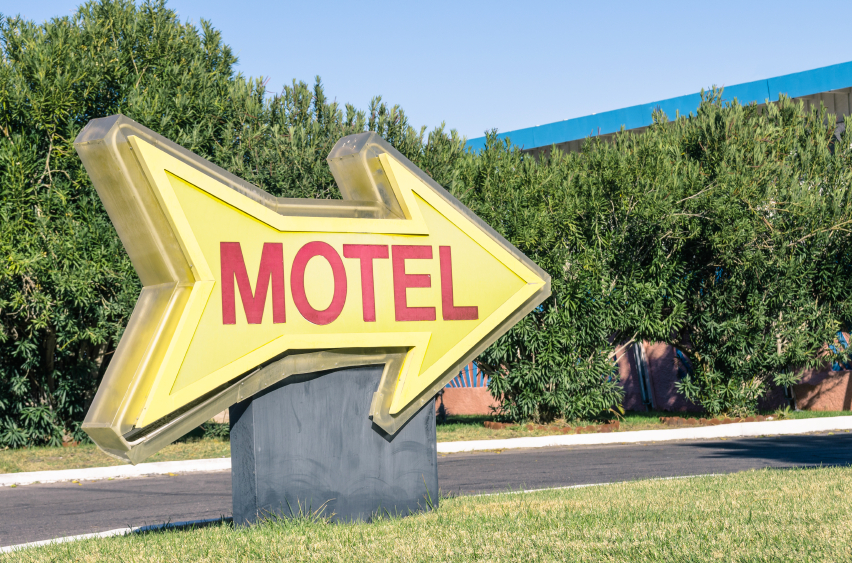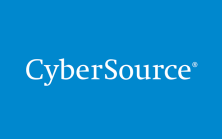Improving Hotel and Motel Security

May 30, 2012 – PSPA Editorial Staff
Businesses in general, including hotels and motels are vulnerable to break-ins, theft, fraud, accident, injury, murder, fire, cybercrime and a multitude of life safety issues. With this said, it becomes vital for owners, managers, and caretakers to provide effective premises security measures in an attempt to detect, deter, and if possible eliminate risk. Additionally, it is also necessary to frequently re-evaluate all security hardware, software and people related protective programs to ensure their efficiency and current effectiveness. Footnote: in the remainder of this article, the use of the word Hotel will also refer to motels, bed-and-breakfast, and similar overnight lodging establishments.
Inadequate security has repercussions beyond guests losing belongings to minor crime. Hotels can be held liable for the criminal acts of third parties. In any given year, countless visitors, guests, and hotels themselves fall prey to a variety of losses as a result of inadequate security measures. Civil litigation against property owners and managers has become commonplace ever since Garzilli v. Howard Johnson. In this 1976 court case, the jury ruled in favor of singer Connie Francis, who had sued a Howard Johnson in New York for negligent security after being assaulted by an unknown man who entered her room through a sliding glass door.
With this said, we have outlined below a number of fundamental safety and security tips that all owners and operators must consider in their quest to avoid unwanted down time, reputation loss, liability, and/or lawsuit. To ensure your property is safe and secure, consider the following:
Guest Safety:
When the average guest arrives for check-in, they are generally more concerned with their personal or business agenda versus the internal operations of the Hotel. Safety and Security should not become an issue before, during, or after, their visit. To aid in the quest for effective customer service, consider the following:
Update Locks/Card Readers. Locks that track ingress/egress can serve as a deterrent to theft. When people realize there’s an audit process on door security, it can make rooms less prone to theft.
Incorporate Security Technology. Utilize closed-circuit television to monitor the property in real-time. Video surveillance equipped with motion sensors can automatically alert, record or be programmed as desired. For example: the system can alert (sound an alarm, etc.) when there is activity detected in a closed lounge. Other options include using a third party to monitor the exterior parking areas of the hotel. Systems can be equipped with voice command capability, where operators can see and warn off people captured on surveillance.
Meet and Greet Everyone. One of simplest and often most effective ways of securing a property is to provide excellent customer service. Engaging customers, visitors, and contractors sends a message that the hotel is cognizant of your presence. By engaging polite and professional conversation while making eye contact is important. Hotel staffers can determine if there’s a non-guest who may intend to commit a crime. Staffes should also routinely be on the lookout for people who don’t fit the profile of the hotel’s typical guest and immediately report such via a pre-established protocol.
Staff Training. Always make time to effectively train and regularly discuss safety and security protocol. All employees need to know how to act and react before an incident as the failing to plan will generally result in planning to fail.
Internal Theft and Fraud:
Internal theft and/or fraud can have a major impact on a property’s bottom line and guest satisfaction. To prevent such losses, consider the following:
Employ Professionals. During the hiring process, conduct drug screening and criminal background checks. Ensue staffers are aware of the security monitoring systems as the average individual will be less likely to commit crimes of opportunity.
Provide a Sense of Ownership. When staffers are provided a sense of ownership they inherently foster greater goodwill and an interest in the organizations success.
Empower Staffers. When staffers have a sense of empowerment, they will become engaged, aid in profitability, guest satisfaction and ultimately improve safety and security for all involved. The maintaining of an anonymous tip line can open communications for employees to report theft, problems, issues, and/or concerns.
Add Active Monitoring to Video Surveillance. Most properties have some sort of video surveillance of employee activities around sensitive areas, such as the front desk and cash drawer. But new technology enables additional levels of monitoring. Software enables hotels to match transactions with video surveillance, eliminating the need to watch hours and hours of video to find potential criminal activity.
New-Age Cyber Security:
As technology advances so does the criminals ability to exploit those advancements.
Hotel owners, managers, and caretakers must re-assess cyber security as often as physical security. Here are a few things to look for and consider as you evaluate your cyber security programs:
Upgrade to VLAN. A local area network (LAN) is a network that connects computers. For many businesses that includes a WiFi access point for customers. However, WiFi that’s directly connected to your property’s servers can pose a risk and provide easy access for savvy hackers. One way to add more cyber security is to install what’s called a VLAN, or virtual network. Relatively inexpensive, VLANs often don’t require additional hardware. Installing this software can add another layer of security between your servers and potential hackers. Also, a common feature of VLANs is the ability to set up multiple wireless network names, which can have varying levels of security. Computers used for business and staff can have a high level of security, and guest WiFi networks can have a lower, easy-to-access level of security and be separated from the property’s network.
Beware of Social Engineering. Not all cyber threats occur online. Social engineering and physical hacking of hotel computers pose a significant risk. Staffers should have awareness about the physical security of computers, access control, and passwords. Change passwords routinely. Staffers should monitor the physical access points to a property’s computers and servers and make regular patrols to look for people who are in staff-only areas of a property.






